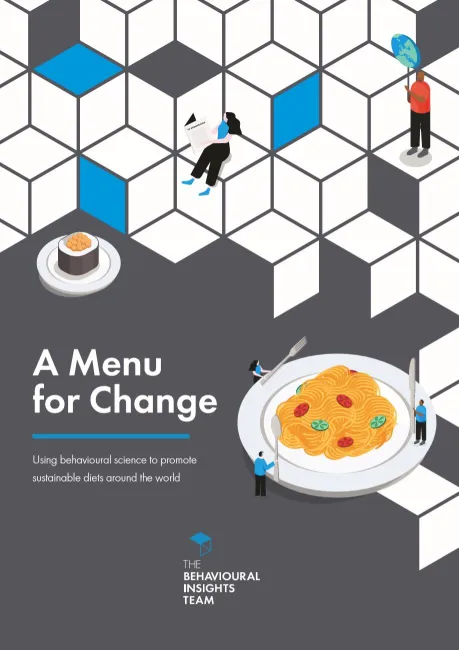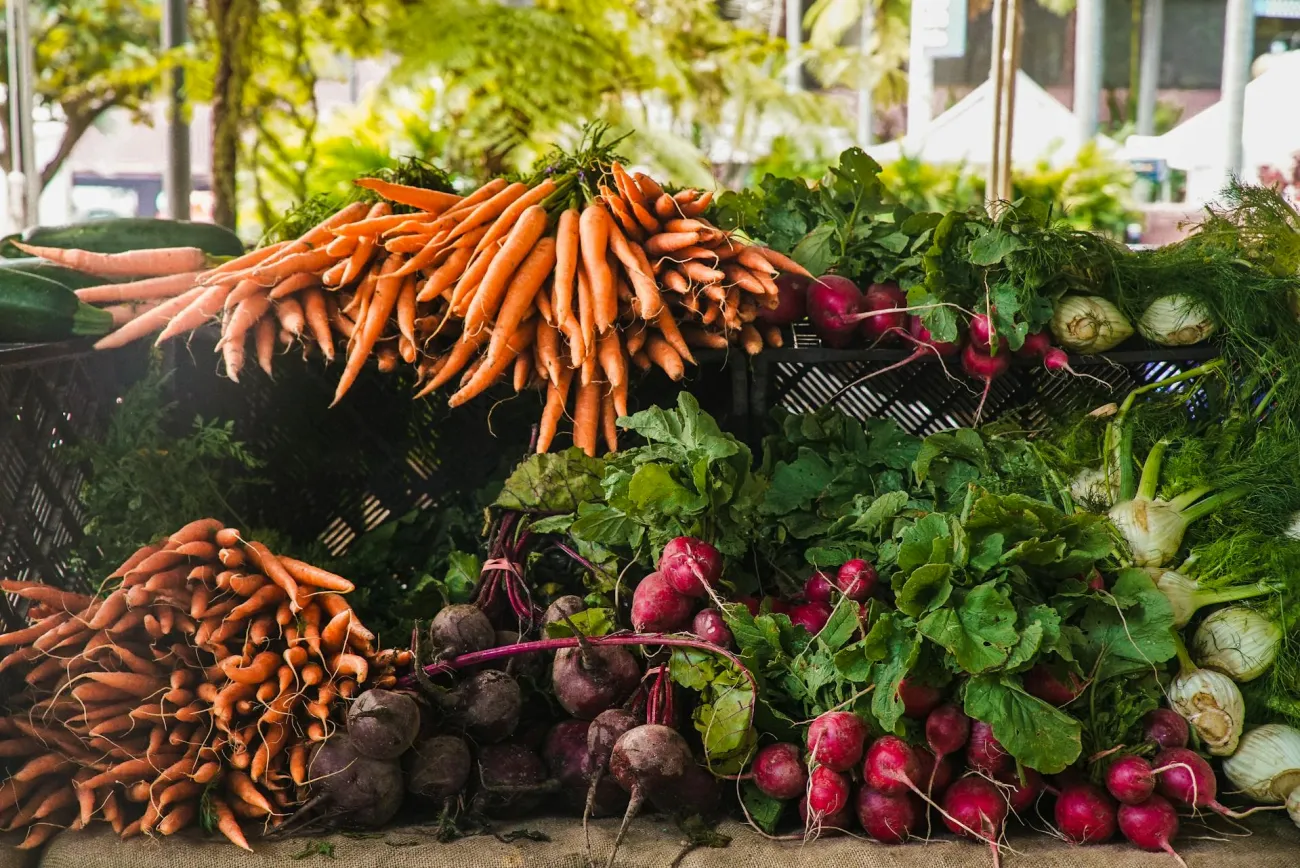This report from the Behavioural Insights Team, a global social purpose company, outlines 12 strategies for governments, retailers, producers, restaurants, campaigners and consumers to promote sustainable diets.
Image

The 12 strategies are:
Make sustainable food appealing
- Use carbon taxes to encourage food producers to reformulate their products, e.g. by minimising content of higher-carbon ingredients.
- Market plant-based foods as enjoyable and aspirational, rather than as healthy or abstemious.
- Use games and promotions in food stores and apps.
- Build campaigns around positivity rather than guilt or negativity.
- Use high-profile influencers to share messages (e.g. TV chefs).
Make sustainable food normal
- Lead by example in public catering, e.g. by offering more plant-based options in hospitals, schools, and government canteens.
- Rebrand plant-based foods with a mainstream identify, e.g. by avoiding associating them only with femininity.
- Show plant-based options with meat options on menus and in supermarket aisles.
Make sustainable food easy
- Use eco-labels and supermarket ratings to nudge both customers and retailers towards greater environmental sustainability.
- Promote “rules of thumb” and other easy tips and recipes, to make changing diets more easy.
- Suggest changes to more sustainable options at key moments, such as one-click substitutions at online grocery checkouts.
- Make sustainable options more prevalent, more prominent, and the default choice.
Read the full report, A Menu for Change: Using behavioural science to promote sustainable diets around the world, here. See also the Foodsource resource What interventions could potentially shift our eating patterns in sustainable directions?




Comments (0)